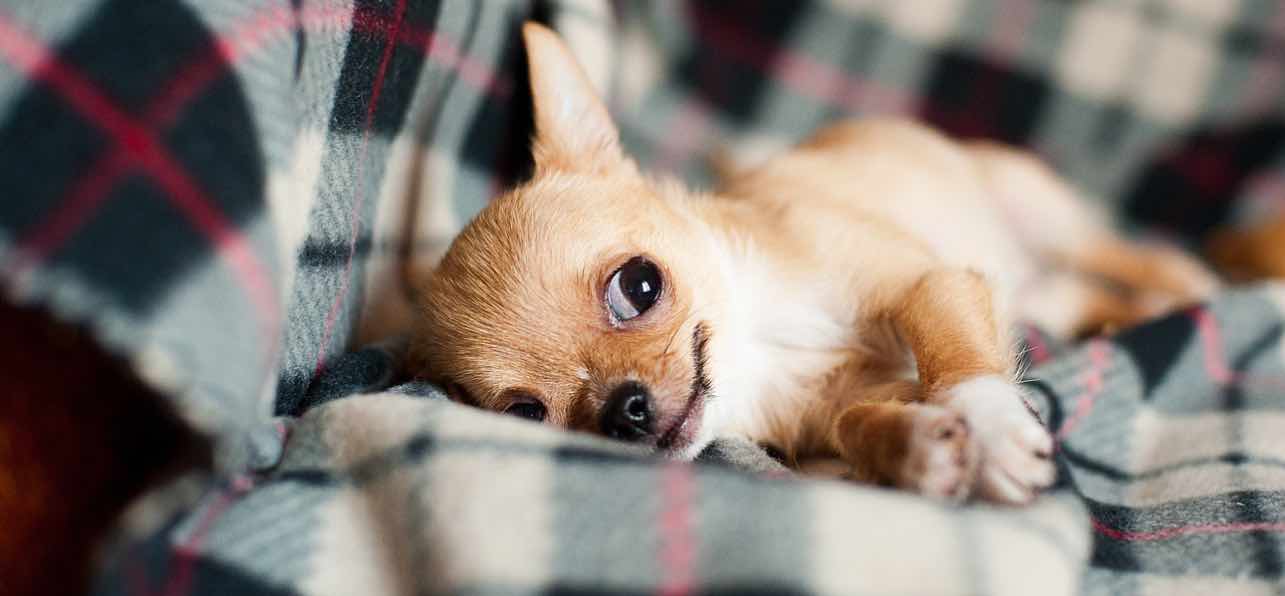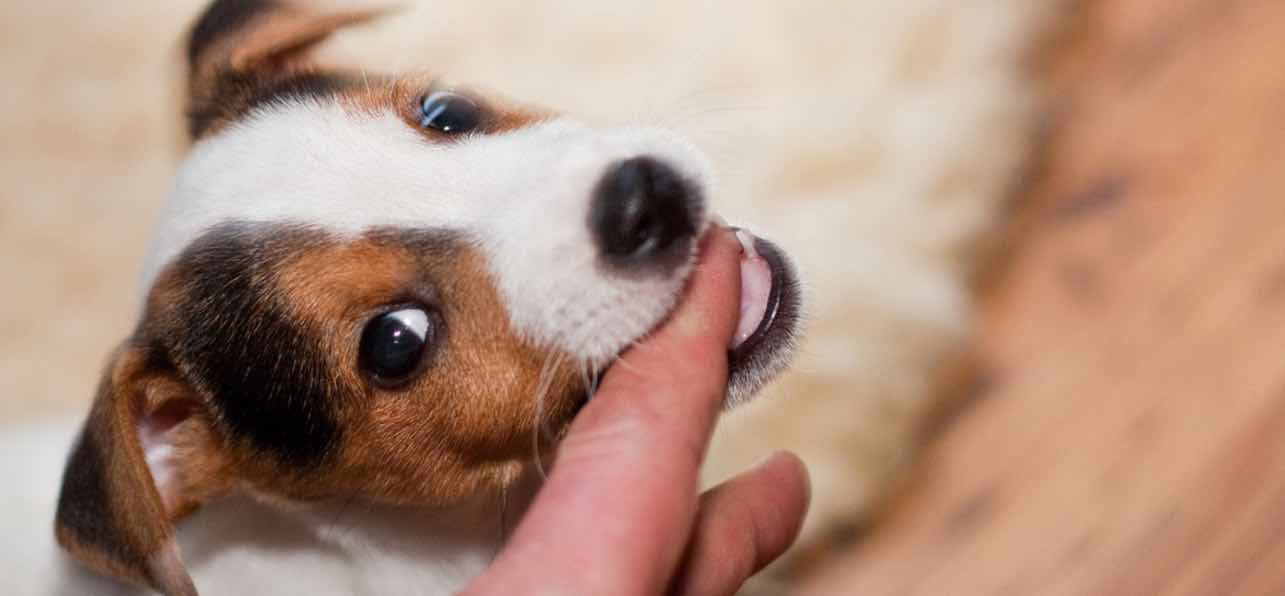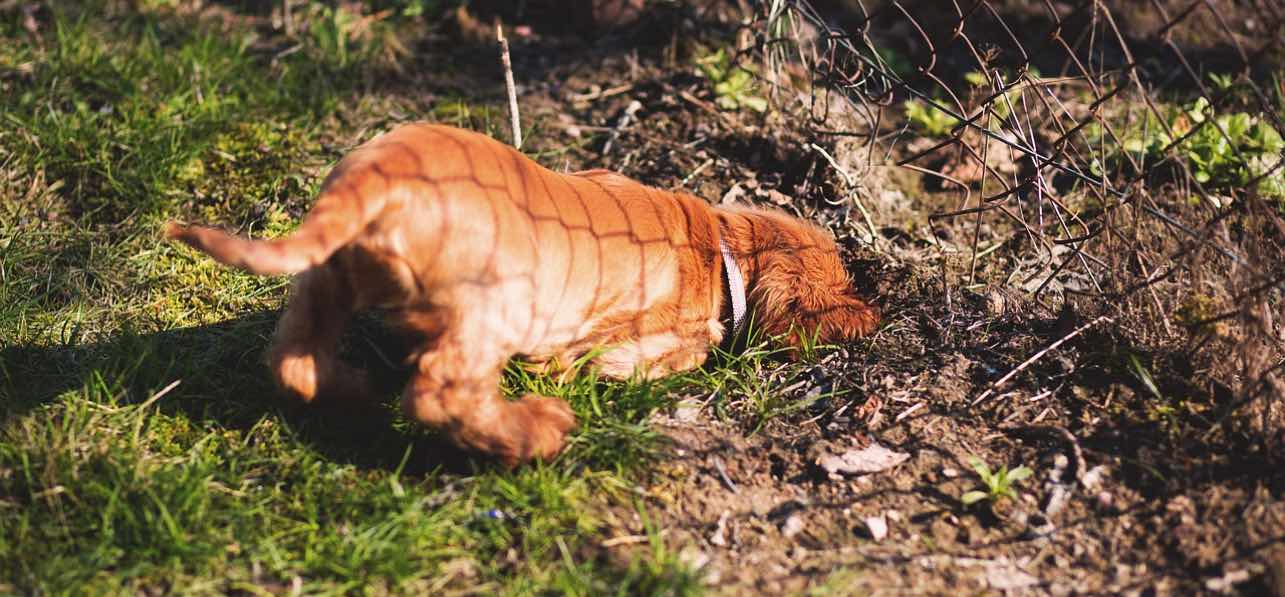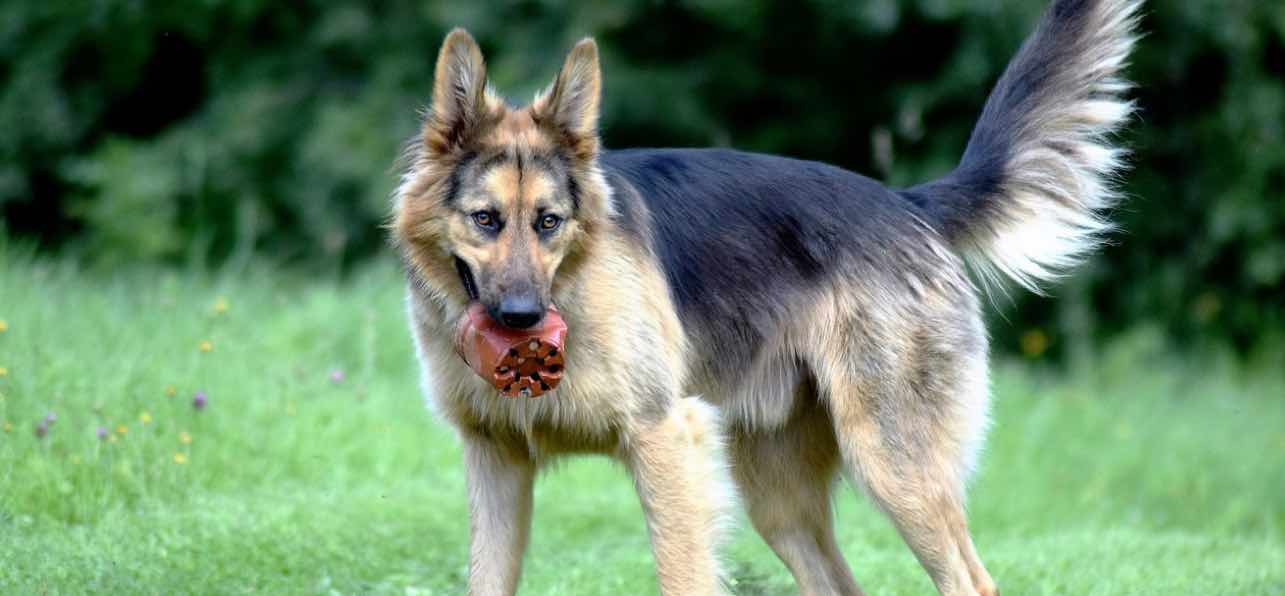Puppies cry just like a new-born baby. They cry to communicate and therefore an owner should always pay attention to persistent whimpering as this may be a sign that something isn’t right with your puppy. When a puppy is really young they’re still making the adjustment of leaving their biological mother and littermates. This is a crucial time when the puppy needs lots of love and reassurance to their new family and surroundings.
It’s important that owners do not get annoyed with their pup if they’re constantly whimpering or crying and instead pay attention and try and work out what the issue is. If they seem unwell at any point or in pain, then they must be taken to the vets immediately. How an owner acts whilst their puppy cries can have a significant impact on their future behaviour.
Listed below are several reasons why puppy’s cry and whimper
They’re lonely
All dog breeds are sociable; some more than others. This meaning a puppy can be needy whilst they adjust being separated from their mother and litter. You can help combat this issue by showing your puppy lots of love and by bringing them closer. If you’re busy in the house; bring their bed or crate closer to you whilst you carry out your duties. If the whole family are congregated in one room, you should invite the puppy to join you, either by bringing their bed into the same room or placing them on your lap for a cuddle (this largely depends on the size of the dog breed) Often, the pup will want to feel your presence and this will be enough to calm them down and prevent them from whimpering or crying further.
If you need to be more mobile, then you can attach puppy hardness to yourself and place the pup in there whilst you do what you need to do. The warmth and closeness from the owner will relax the pup immediately and they will stop crying.
Relaxing your dog will prevent any further issues later on down the line and stop your pup from applying their need for attention elsewhere, i.e. going to the toilet in your house or destroying your furniture.
They’re scared
As your puppy grows they will want to explore their new surroundings. Everything will seem new and sometimes a little scary, this making your puppy fearful and they may cower and whimper if they’re uncomfortable. They may also run away from an introduction to a new object such as a backpack or an umbrella. The puppies brain goes through growth spurts and it’s not known why they’re okay with an object one day and then sacred the next. This behaviour is linked to the puppy becoming cautious because of the separation from their biological mother and littermates.
You should pay close attention to their behaviour during this point. Are they cowering and shaking? Do they avoid eye contact with you and the object? If so then it’s likely your dog is fearful and needs some confidence. To help with their confidence you should expose your puppy to the object at a later date with a less intense experience, For example, if your puppy cowers when they meet your neighbour, maybe introduce them both again the next day but with more of a distance between them both.
If the fearful behaviour persists or worsens then you should consult your vets.
Are they hungry?
If your puppy is crying during the time leading up to their meals, then this could be a sign that they’re hungry. It is common for puppies to be very hungry one minute and have less of an appetite the next; because they’re growing and going through biological changes. If you think your puppy isn’t eating enough or they’re looking rather thin, then you should increase their food intake. Likewise if they’re a little overweight you should decrease their food intake. Observing your dog’s body shape can help dictate how much food they actually need. Please remember that you should always consult your vet before making any significant changes to your dog’s diet.
Are they sick?
Constant crying and whimpering could indicate that your puppy is unwell. This will be accompanied by other symptoms such as loss of appetite, vomiting, extreme tiredness and problems with breathing. If they’re aggressively licking or scratching one area of their body then this might be a sign that they’re suffering from an infection or allergies. If your puppy becomes less social than normal then this could be a sign that they’re feeling under the weather and should be taken to the vets.
They need some affection
Puppies, just like new-born babies, need lots of love and affection. If the family is out all day, this means the puppy has to wait a very long time for some affection off their favourite people. It is important that you acknowledge their feelings and give them attention when you walk through the door. Spend 10-15 mins playing with them and showing them just how much they mean to you. This precious time will go a long way and will also help to calm them down should they be feeling needy.
Are they bored?
Your puppy may cry and bark because they’re bored and have a lot of bottled up energy. As well as plenty of exercise puppies require lots of mental stimulation. Regardless of the dog breed, all puppies need plenty of mental and physical stimulation throughout the day. You can help prevent them from becoming bored by giving them lots of interactive toys to play with. Long walks in the morning and then later on in the evening will also help them from becoming bored.
Finally, you must never shout at your dog for whining or crying. Shouting achieves nothing positive and will only result in making your puppy more nervous and upset. On some occasions shouting may reinforce negative behaviours and encourage your puppy to be naughty. It’s perfectly ok to take some time out from the situation should your puppy be yapping because they’re being naughty. As long as the puppy can’t danger themselves and they’re crying because they’re in a naughty mood, then it is perfectly fine to walk away to defuse the situation.




